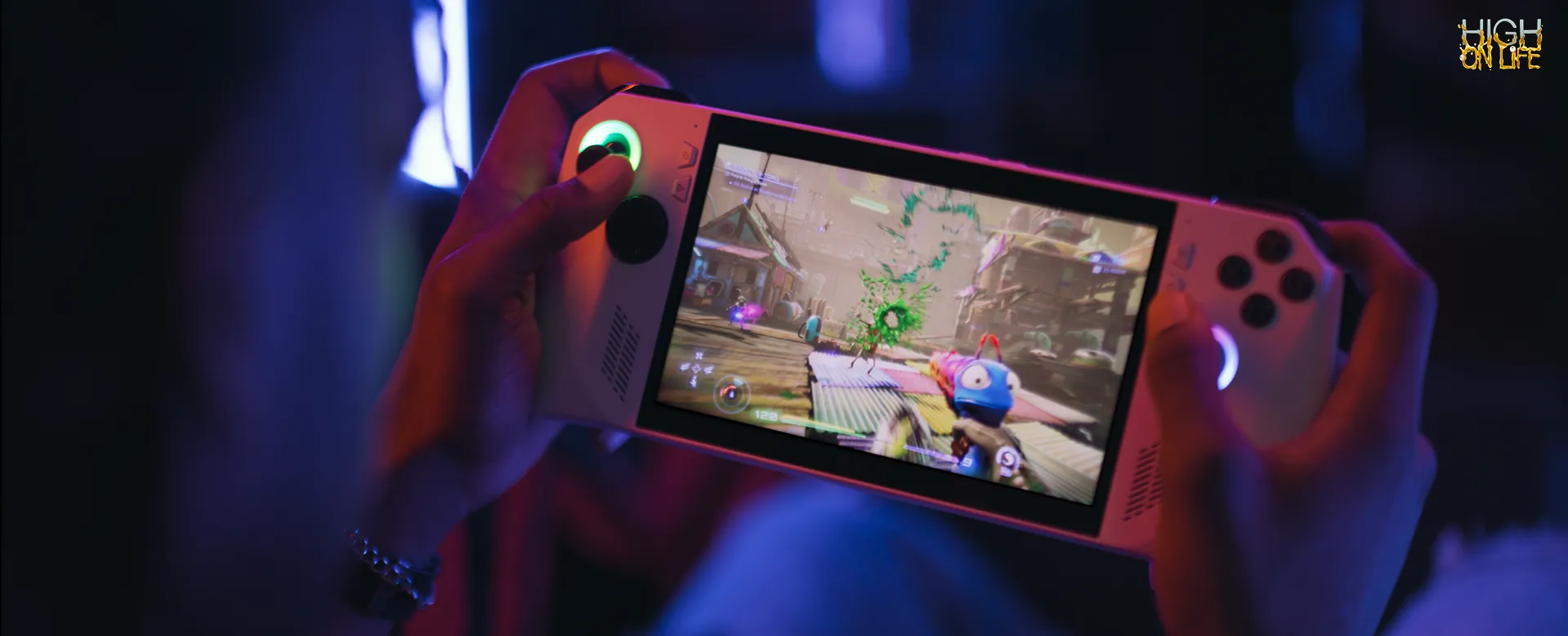In a strategic shift that could reshape the future of portable gaming, Microsoft has reportedly put its Xbox handheld console plans on hold to focus instead on enhancing Windows 11’s gaming performance for handheld devices. The move reflects Microsoft’s long-term vision of strengthening its software platform before diving deeper into the fast-evolving handheld gaming market.

According to Windows Central, Microsoft recently announced an internal change in priorities: rather than rushing out its own Xbox-branded handheld, the company will redirect its resources toward improving Windows 11’s performance on gaming handhelds—including third-party devices like Asus’ Project Keenan, a rumored evolution of the ROG Ally.
This realignment comes amid rising pressure from competitors like Valve’s Steam Deck, which runs on the more handheld-friendly SteamOS, and Lenovo’s Legion Go S, which just began shipping on May 25. With the Nintendo Switch 2 set to launch on June 5, the gaming handheld space is heating up—making Microsoft’s delay all the more notable.

Insiders suggest that Microsoft’s decision may have been influenced by the growing perception that SteamOS offers better performance and usability on handheld devices than Windows 11. Windows Central’s Jez Corden noted that SteamOS presents an “existential threat” in this area, and Microsoft doesn’t want to risk launching its own device before Windows is fully optimized for that experience.
The delay of the Xbox handheld is seen as a calculated move: while disappointing to fans, it allows Microsoft time to polish the gaming experience on Windows 11, especially on portable hardware. The goal is to ensure that when Microsoft eventually enters the handheld space, it does so with an ecosystem that can compete head-to-head with SteamOS and Nintendo’s platform.

Interestingly, Microsoft is still reportedly collaborating with OEMs like Asus on projects such as Project Keenan, which could benefit directly from Windows 11 improvements. Although there’s no confirmed timeline for a Microsoft-branded Xbox handheld, the company’s continued investment in the handheld ecosystem suggests that it hasn’t walked away from the idea—it’s just biding its time until the software side is ready.
